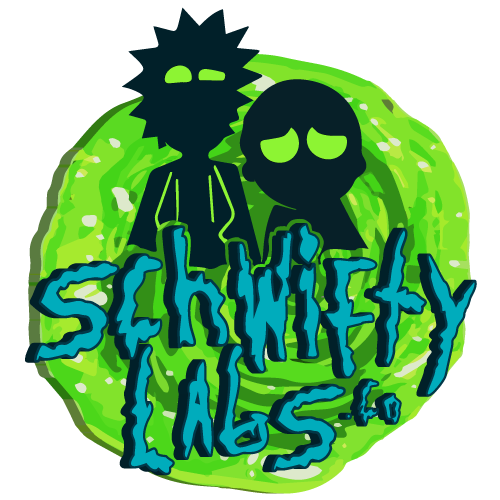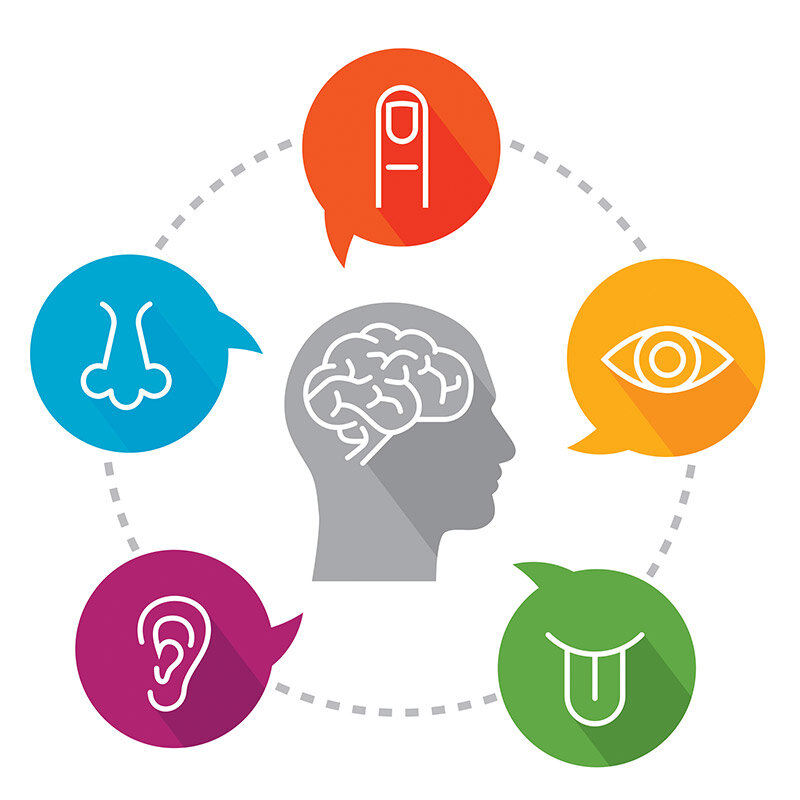CBD, LSD, Magic Mushrooms, Psychedelics
The Intersection of Psychedelics and REM Sleep: What’s the Impact?
Psychedelics, including LSD, psilocybin, DMT, and related compounds, are known not only for their perceptual and cognitive effects but also for their intriguing impact on sleep—particularly the REM (rapid eye movement) phase. REM sleep is crucial for memory consolidation, emotional processing, and the experience of dreams. Recent research is beginning to clarify how these substances interact with the brain’s sleep architecture, with some surprising, nuanced findings.
How Psychedelics Affect REM Sleep
LSD
- Microdosing Effects: Rigorous, controlled studies show that microdosing LSD (sub-hallucinogenic doses often delivered as edibles) leads to a significant increase in REM sleep duration and total sleep time—but only on the night after dosing, not the day of microdosing itself. For example, participants slept, on average, 24 minutes more and had about 8 more minutes of REM sleep the night after taking a microdose, along with earlier bedtimes.
- Acute High-Dose Effects: Full or recreational doses of LSD may sharply increase REM sleep time (up to 240% in some reports), leading to more vivid dreams, nightmares, and even hallucinatory experiences during sleep or upon awakening. This “REM disinhibition” means more of the night is spent in the dream stage than usual, which can sometimes result in mental and physical aftereffects.
Psilocybin (Magic Mushrooms)
- REM Suppression: Unlike LSD, psilocybin (and its active form psilocin) tends to suppress REM sleep on the first night after dosing, with increased latency (time to enter REM) and sometimes reduced total time spent in REM.
- Possible Antidepressant Mechanism: The REM-limiting effects of psilocybin closely resemble those observed with traditional antidepressants. Prolonged REM latency and reduced duration are believed to play a role in the mood-lifting effects seen with serotonergic drugs.
DMT and 5-MeO-DMT
- Vivid, Dreamlike States While Awake: DMT and its analogs are famous for producing “waking dream” experiences—vivid, immersive, hallucinatory states very similar to REM dreams but while fully or partially awake.
- REM-Linked Brain Activity: DMT may increase the latency to REM onset but does not clearly change total REM time. Some scientists suggest that DMT and related substances induce a REM-like brain state during wakefulness, possibly reducing the physiological need for as much REM sleep at night.
Mechanisms and Brain Chemistry
- Psychedelics strongly bind to serotonin (5-HT2A) receptors, and serotonin plays a key regulatory role in the sleep-wake cycle and REM sleep specifically. Some experts suggest that increased serotonin activity during the day may encourage more robust melatonin production and better sleep at night.
- Psychedelics also share neuroplastic effects with REM sleep, believed to underlie their antidepressant potential1.
Key Contrasts by Compound
| Psychedelic | REM Sleep Impact | Unique Notes |
|---|---|---|
| LSD | Increases REM (next night); possible REM overload at high doses | Can cause vivid dreams/nightmares; microdosing lengthens sleep |
| Psilocybin | Delays REM onset, reduces REM time (first night) | Parallels antidepressant effects |
| DMT | Delays REM onset; may induce waking REM-like state | Dreamlike states during wakefulness |
| 5-MeO-DMT | Integrates sleep-like brain waves when awake | Neuroplasticity similar to REM |
Takeaways and Caveats
- LSD microdosing may gently enhance sleep duration and REM, while higher doses can push sleep architecture to extremes—sometimes unpleasantly.
- Psilocybin tends to restrict REM, echoing conventional antidepressant action.
- DMT and related substances induce REM-like brain states outside of normal sleep, blurring the lines between dreaming and waking consciousness.
- Effects are highly individual and depend on dose, timing, and user sensitivity.
- No long-term or chronic disruptions of circadian rhythms or sleep structure have been found with occasional, controlled psychedelic use, but high doses can acutely disturb sleep and dream patterns.
Disclaimer: Psychedelics, including all forms of LSD, psilocybin, and DMT, are controlled substances in most regions. Their effects on sleep and mental health are the subject of active research—seek medical advice and adhere to local laws if considering their use.

